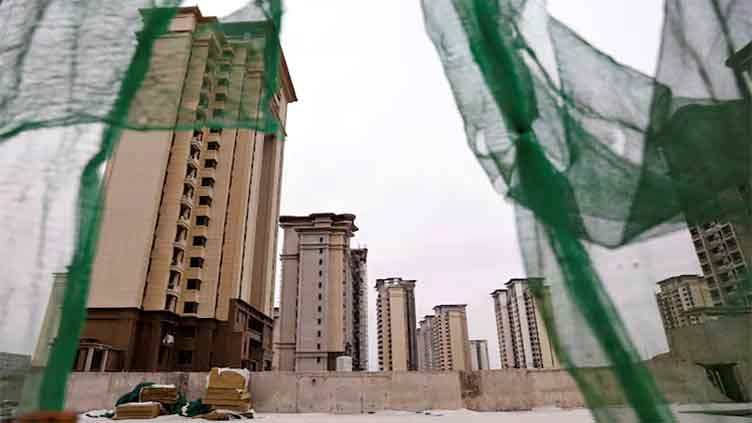China's property stimulus raises risks for banks in smaller cities, S&P Global says

Business
China's property stimulus raises risks for banks in smaller cities, S&P Global says
BEIJING (Reuters) - China's latest steps to revive its struggling property market could pose risks to banks operating in lower-tier cities, S&P Global said on Monday.
The measures announced earlier this month such as cutting down payment requirements and removing the floor for mortgage rates are expected to temporarily increase property demand, but the increased leverage could also cause an uptick in mortgage defaults, according to a S&P Global report.
Property prices in smaller tier-three cities are expected to decline about 14% through the 2024-2025 period, the report said. This could potentially push some homebuyers into negative equity situations, where their outstanding mortgage balances exceed the value of their properties, it said.
Consequently, some homebuyers may walk away from their properties and default on the mortgages, the report said.
"The removal of the floor on mortgage rates will also give lenders less buffer to absorb potential losses when defaults do happen," said S&P Global Ratings credit analyst Ryan Tsang.
"Banks would have to incur additional costs to pursue defaulters' other assets to mitigate the losses in such cases," said Tsang.
A number of cities across China, including first-tier Shanghai and lower-tier Wuhan and Changsha, have lowered down payment and mortgage loan interest rates in response to the nation's "historic" steps announced on May 17 to stabilise its crisis-hit property sector.


